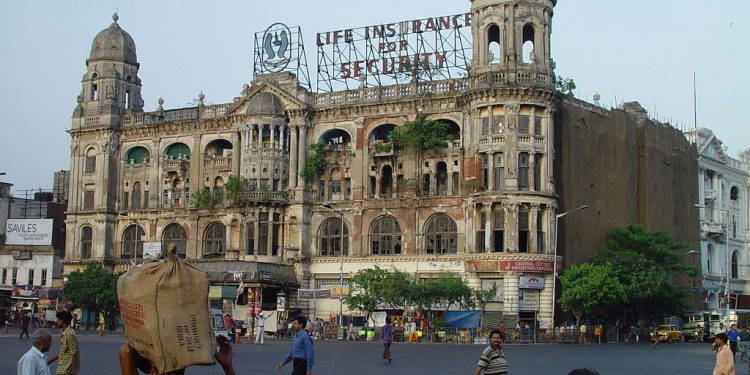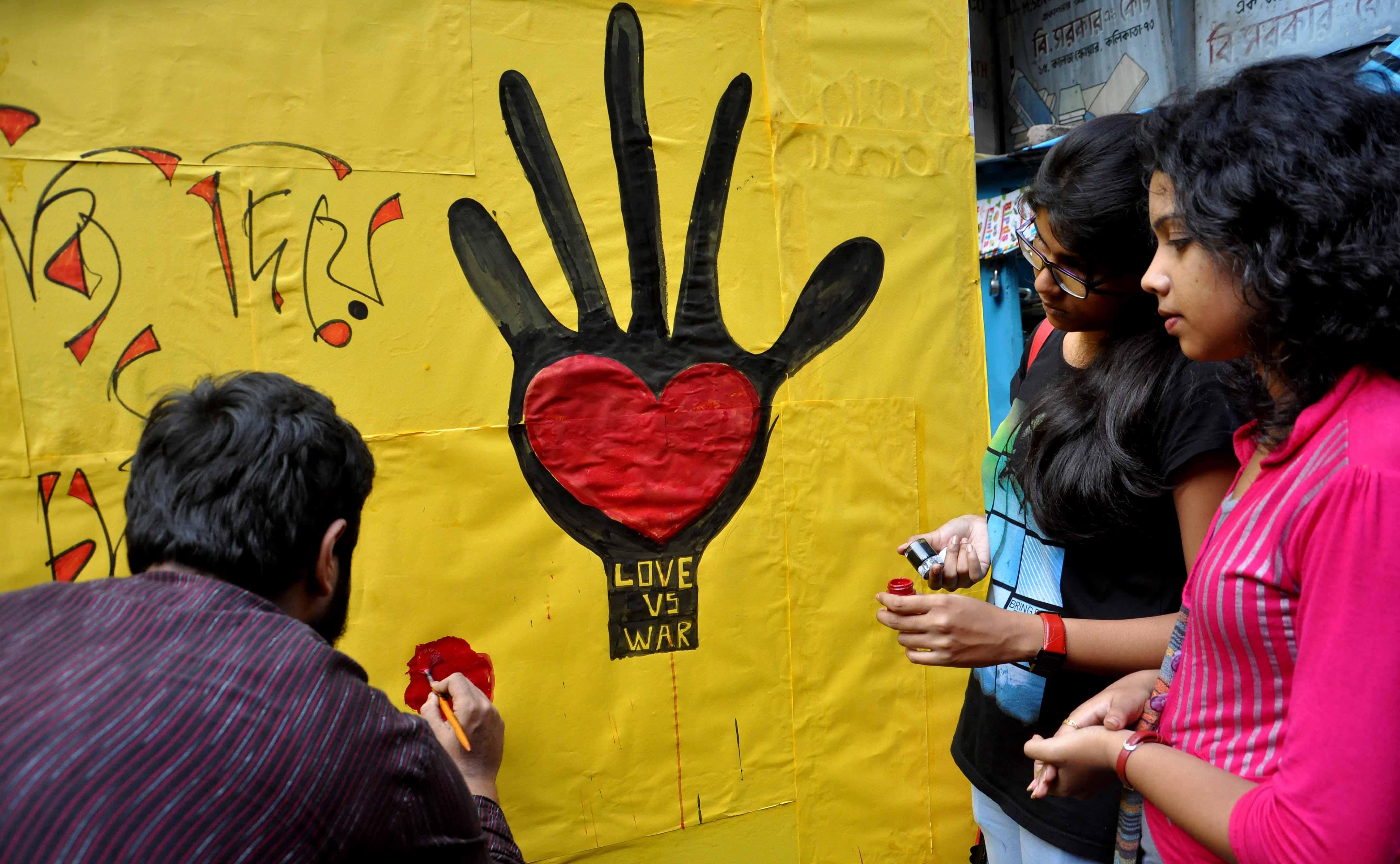On The Kolkata Moral Policing Incident: What India Can learn From Berlin

Social Tyranny
“Society can and does execute its own mandates: and if it issues wrong mandates instead of right, or any mandates at all in things with which it ought not to meddle, it practices tyranny more formidable than many kinds of political oppression, though not usually upheld by such extreme penalties, it leaves fewer means of escape, penetrating much more deeply into the details of life, and enslaving the soul itself,” writes John Stuart Mill as part of the discussion on individual independence and social control in his book ‘On Liberty’. Social tyranny, in the form of controlling the lives of others, has been the norm in India for decades. Public display of affection is a taboo. Urinating in public is perfectly OK, but kissing is not.
History and the Kolkata incident
Numerous incidents of moral policing are reported in the media every day. Sometimes it’s the police authorities who harassinnocuous couples sitting at public places, while at the other occasions it’s the cadres of right-wing fringe groups beating up youngsterson celebrating Valentine’s Day, or dragging out and assaulting women for going to pubs. All this, in the name of protecting our “culture”—what culture could this possibly be, other than one of intolerance and bigotry one fails to understand. One such incident happenedat the Dum Dum metro station in Kolkata last week. A couple travelling late night on a metro was beaten up for standing too close to each other. We should all hang our heads in shame with the knowledge that ours is a society that doesn’t protect couples from the moral police, but often show solidarity with rapists, as happened in the case of Kathua and Unnao rape incidents. We call ourselves modern, but our regressive character crawls out from time-to-time when we try to satisfy our urge to control people.
Peoples’ response to the act
Although it was sad to see scores of youngsters defending the act on social media—while some condoned the act, others condemned the assault, but also disapproved physical intimacy in the view of others—it was reassuring to see some youths coming out on streets the following day to peacefully protest against the unfortunate incident. It is time we start fiercely condemning such acts, on a larger scale, in order to protect individual freedom. But there is more we can do to prevent the hatred against public display of affection prevalent in our society, here’s where the lessons from Berlin could come in handy.
Lessons from Berlin
Reading about the Kolkata metro incident reminded me of the promotion of equality and tolerance that I had witnessed during my trip to Berlin in April. During my visit to Berlin’s most popular park, ‘The Tiergarten’, I saw a memorial to homosexuals persecuted under Nazi Germany. Built in 2008, the memorial was built to not only honor those persecuted, but also to promote equality and tolerance. The memorial is designed to comprise a concrete cuboid with a window through which the visitors can see a short film. The film features gay and lesbian couples kissing in public. It further shows a little girl watching the act and being drawn away by her mother with disapproval. The film is made with a view of spreading awareness in society about homosexuality and (more importantly) intends to bring about greater acceptance of people of different sexual orientations among the general public, even kids. It warns us against the dreadful consequences of moral policing.
The signboard near the memorial broadly describes the acts of discrimination against homosexuals under Nazi Germany. It clearly mentions that “because of its history, Germany has a special responsibility to actively oppose the violation of gay men, and lesbians’ human rights.” This reflects how the new generation there is learning from the mistakes of the past—acting against historical wrongs and preventing its repetition in the future.
What we can do
To start with, let’s have advertisements that normalize public displays of affection—between not only heterosexuals but also same-sex couples. The police should be trained to respect the right to life and liberty and (when need be) to provide protection to unmarried couples, instead of harassing them. However minuscule or slow, these measures would certainly bring about some change in peoples’ attitudes and would help in preventing incidents such as the one in the Kolkata metro from being repeated.


